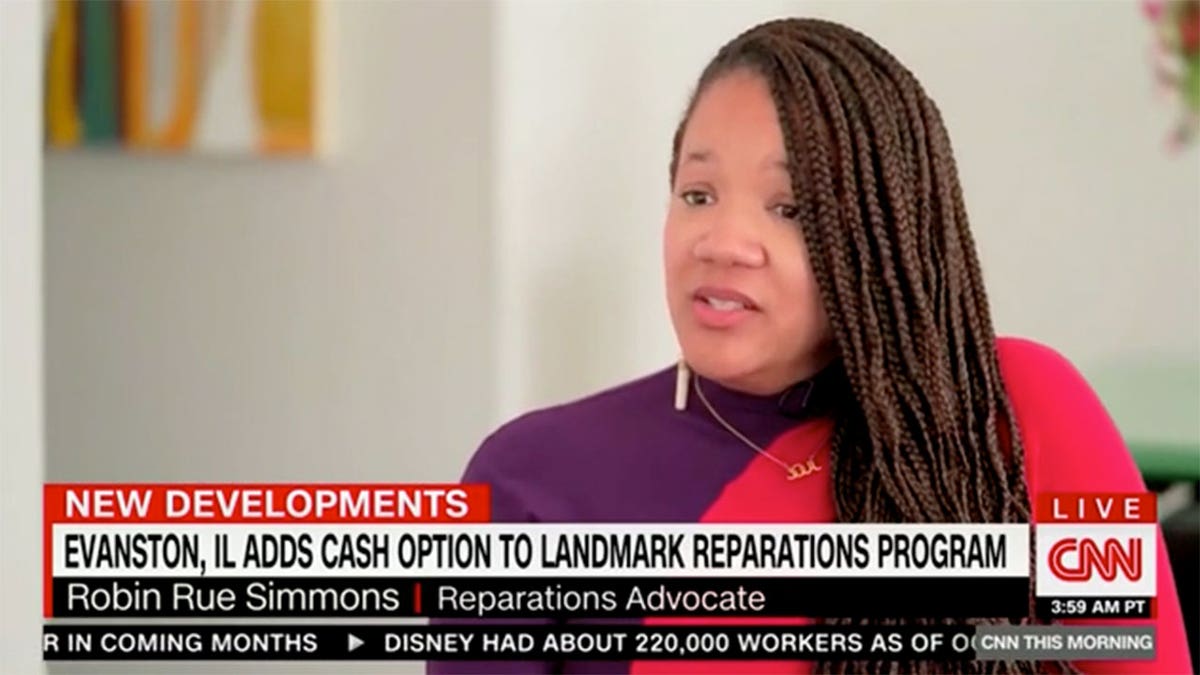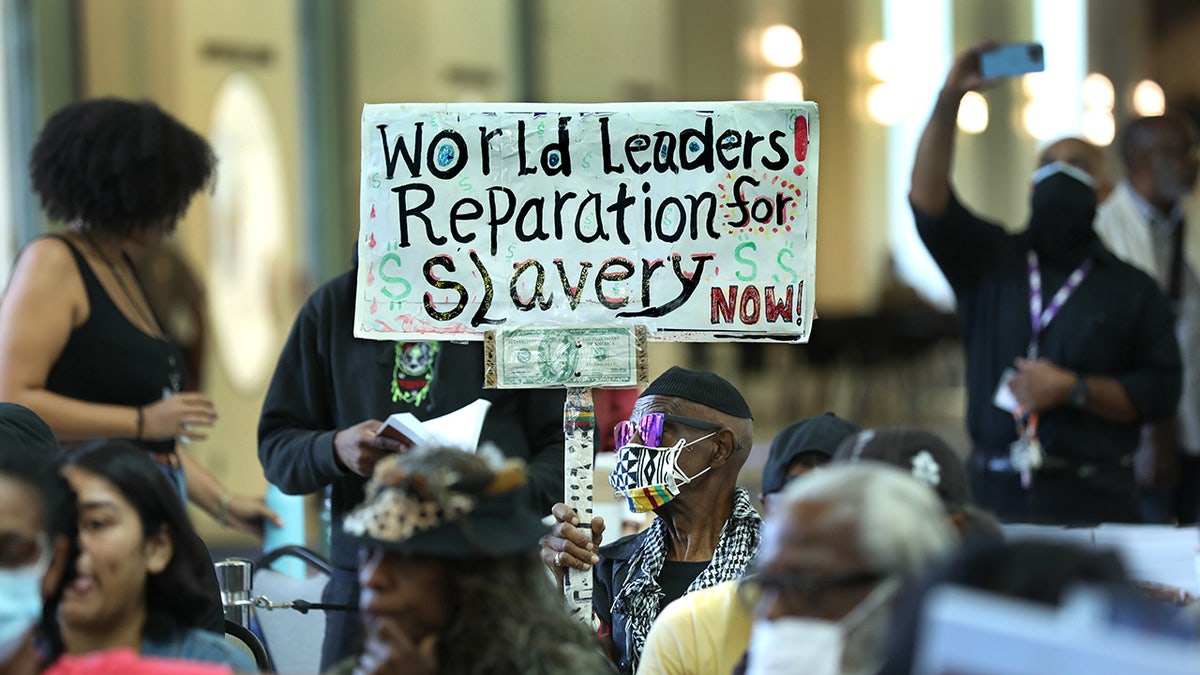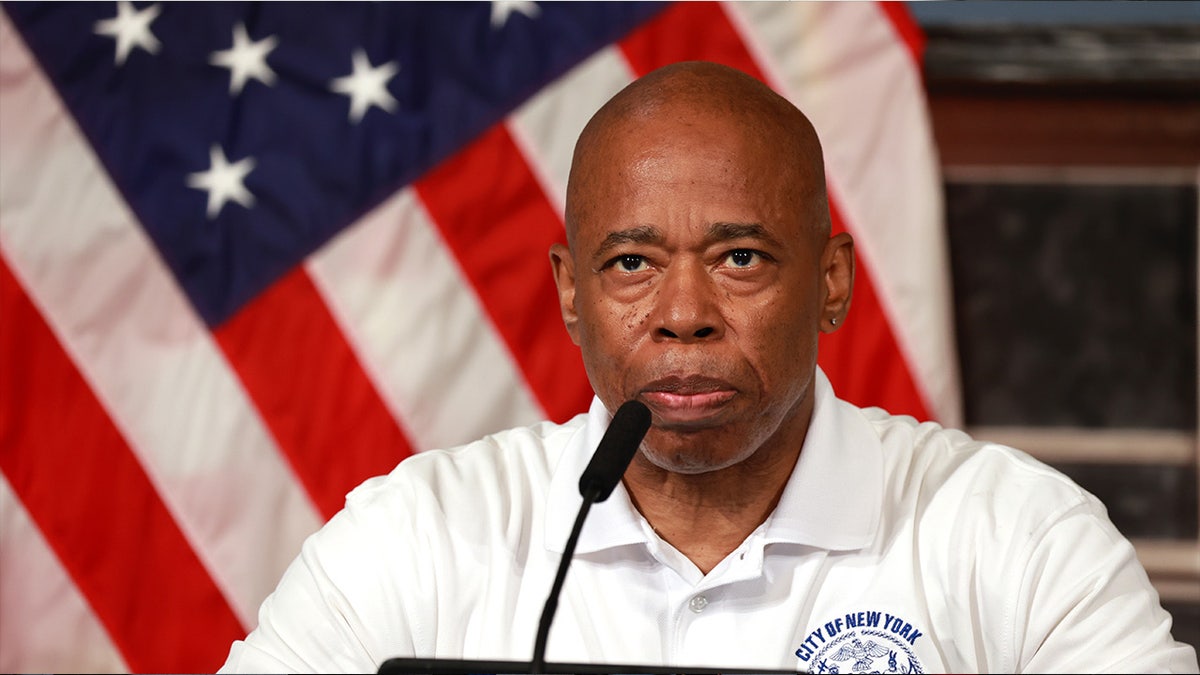A former city council member from Evanston, Illinois, is advocating for a national reparations model based on her city's approach. Robin Rue Simmons, who spearheaded Evanston's reparations initiative, recently addressed civil rights leaders in Annapolis, Maryland, urging them to adopt a similar strategy. Evanston became the first U.S. city to implement a reparations plan, committing $10 million over a decade to its Black residents.
Rue Simmons highlighted Evanston's measured approach, emphasizing its legality and lack of significant disruption. She told the Caucus of African American Leaders that the program's careful design and legal guidance have prevented major issues, according to a report in the Capital Gazette.

Now leading a non-profit organization, Rue Simmons assists other cities in developing their own reparations programs. In Annapolis, Carl Snowden, convener of the Caucus of African American Leaders, underscored the ethical imperative of reparations, aiming to address the impact of discriminatory housing practices. The group plans to present their proposal to local and state government entities.
The Evanston model has garnered national interest, with some legal scholars and activists viewing it as a potential blueprint for nationwide reparations. Howard University law professor Justin Hansford described it as a "test run" for the country in an interview with The Wall Street Journal. Evanston Mayor Daniel Biss echoed this sentiment, emphasizing the program's tangible progress.

However, the financial feasibility of large-scale reparations remains a concern. Rue Simmons previously expressed uncertainty about how cities like San Francisco, where a task force recommended $5 million payments to each eligible Black resident, could afford such substantial payouts. A recent report in the New York Times estimated that San Francisco's plan could exceed $100 billion, while the state of California's task force has also proposed reparations of up to $1.2 million per person.








